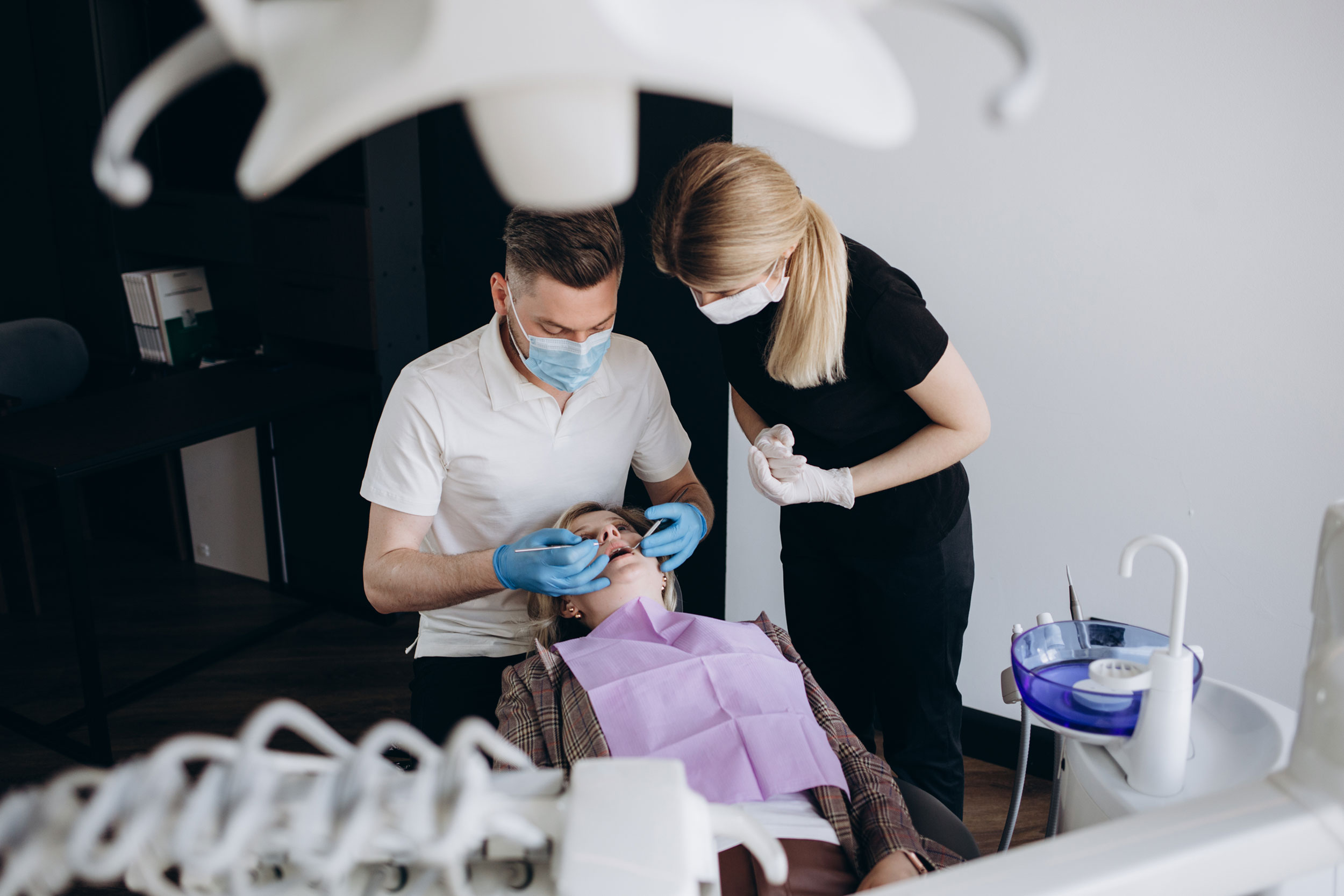
Guarding Smiles: Embracing Essential Preventive Dental Practices
Maintaining optimal oral health involves more than just brushing and flossing. Preventive dental practices form the foundation for a lifetime of healthy smiles. In this exploration, we uncover the essential steps and habits that contribute to effective preventive dental care.
Daily Dental Hygiene Rituals: The Cornerstone of Prevention
The cornerstone of preventive dental practices lies in daily hygiene rituals. Brushing teeth twice a day with fluoride toothpaste removes plaque, preventing tooth decay and gum disease. Flossing complements brushing by cleaning between teeth and along the gumline, where a toothbrush may not reach effectively. Consistency in these habits is key to keeping dental issues at bay.
Regular Dental Check-ups: The Preventive Power of Professional Care
While personal dental hygiene is crucial, regular dental check-ups are equally vital. Professional cleanings and examinations enable dentists to detect early signs of issues such as cavities, gum disease, or oral cancer. Timely intervention during these routine visits prevents problems from progressing to more serious stages.
Fluoride: A Defender Against Tooth Decay
Fluoride, a naturally occurring mineral, plays a pivotal role in preventive dental care. It strengthens tooth enamel, making it more resistant to acid attacks that lead to cavities. Using fluoride toothpaste and receiving professional fluoride treatments contribute to the overall defense against tooth decay.
Sealants for Added Protection: Shielding Vulnerable Areas
Dental sealants provide an additional layer of protection, especially for vulnerable areas like molars and premolars. These thin, protective coatings are applied to the chewing surfaces of the back teeth, creating a barrier that helps prevent the accumulation of plaque and reduces the risk of cavities.
Healthy Diet Choices: Nourishment for Oral Well-being
Diet plays a crucial role in preventive dental practices. A diet rich in nutritious foods contributes to strong teeth and gums. Foods high in calcium, such as dairy products, and crunchy fruits and vegetables that stimulate saliva production, help maintain a healthy oral environment. Limiting sugary and acidic foods also aids in preventing tooth decay.
Hydration and Oral Health: Water as a Natural Cleanser
Staying hydrated is not only essential for overall health but also beneficial for oral well-being. Water acts as a natural cleanser, washing away food particles and bacteria. It helps maintain saliva production, which is crucial for neutralizing acids and protecting teeth from decay. Opting for water over sugary drinks supports preventive dental care.
Consistent Oral Care for Children: Establishing Lifelong Habits
Instilling preventive dental practices in children sets the stage for a lifetime of oral health. Parents play a crucial role in teaching proper brushing and flossing techniques, scheduling regular dental check-ups, and promoting a balanced diet. Early interventions and education create a foundation for children to carry these habits into adulthood.
Customized Preventive Strategies: Tailoring Care to Individual Needs
Each person’s oral health needs are unique, requiring a customized preventive approach. Dentists work with patients to develop personalized strategies that address specific concerns and risk factors. From orthodontic interventions to specialized treatments, tailoring preventive care ensures comprehensive protection for every individual.
Oral Hygiene Education: Empowering Individuals for Healthier Smiles
Empowering individuals with oral hygiene education is integral to preventive dental practices. Dental professionals educate patients on the importance of proper care, the impact of lifestyle choices on oral health, and the significance of regular dental visits. Knowledge equips individuals to actively participate in their oral well-being.
Preventive Dental Practices: A Lifelong Commitment to Smiles
In conclusion, preventive dental practices are not a one-time effort but a lifelong commitment to oral health. From daily hygiene rituals to professional care, fluoride protection, and healthy lifestyle choices, these practices collectively contribute to maintaining healthy smiles. To explore more about preventive dental practices and empower yourself for a lifetime of oral well-being, visit health-sourcing.com. Your journey to a healthier smile begins here.



